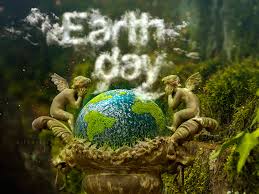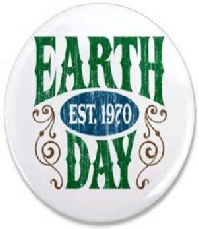


© 2015 et seq Planet Englewood is a production of A Number of Things, LLC who is solely responsible for its contents.



The Quote
The quote has its origin in cartoonist Walt Kelly's Book entitled The Pogo Papers copyrighted in the early 1950s. In the forward he rephrased a quote from US Navy Commodore Oliver Hazard Perry after the Battle of Lake Erie who said “We have met the enemy, and they are ours” and wrote, in the forward to the Book:
"Traces of nobility, gentleness and courage persist in all people, do what we will to stamp out the trend. So, too, do those characteristics which are ugly. It is just unfortunate that in the clumsy hands of a cartoonist all traits become ridiculous, leading to a certain amount of self-conscious expostulation and the desire to join battle.
"There is no need to sally forth, for it remains true that those things which make us human are, curiously enough, always close at hand. Resolve then, that on this very ground, with small flags waving and tinny blast on tiny trumpets, we shall meet the enemy, and not only may he be ours, he may be us.
"Forward!"
The more famous version of the quotation appeared in a 1970 Earth Day poster - repeated a year later in the Pogo strip
History
In 1968, Morton Hilbert and the U.S. Public Health Service organized the Human Ecology Symposium, an environmental conference for students to hear from scientists about the effects of environmental degradation on human health. This was the beginning of Earth Day. For the next two years, Hilbert and students worked to plan the first Earth Day. Meanwhile, in 1969 at a UNESCO Conference in San Francisco, peace activist John McConnell proposed a day to honor the Earth, to first be celebrated on March 21, 1970, the vernal equinox in the northern hemisphere. This day of nature's equipoise was later sanctioned in a Proclamation signed by Secretary General U Thant at the United Nations. A month later a separate Earth Day was founded by United States Senator Gaylord Nelson as an environmental teach-in first held on April 22, 1970. While this April 22 Earth Day was focused on the United States, an organization launched by Denis Hayes, who was the original national coordinator in 1970, took it international in 1990 and organized events in 141 nations.
Numerous communities celebrate Earth Week, an entire week of activities focused on environmental issues.
The United Nations General Assembly has also established World Environment Day, that is observed each June 5th.




